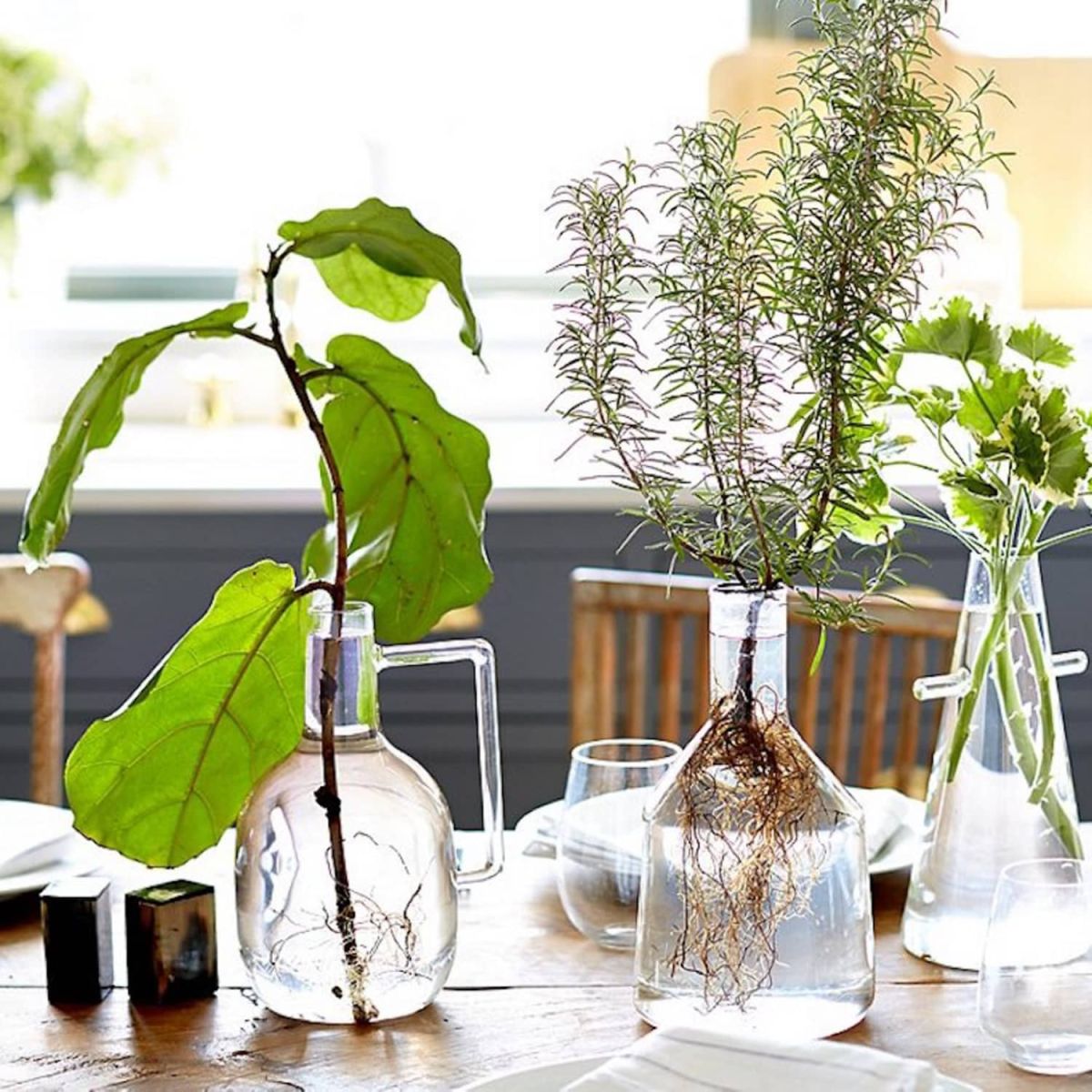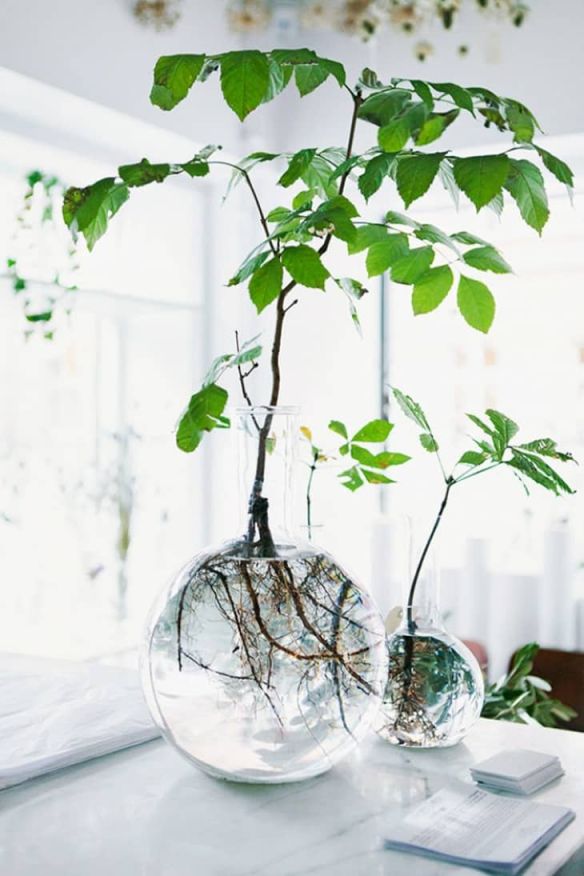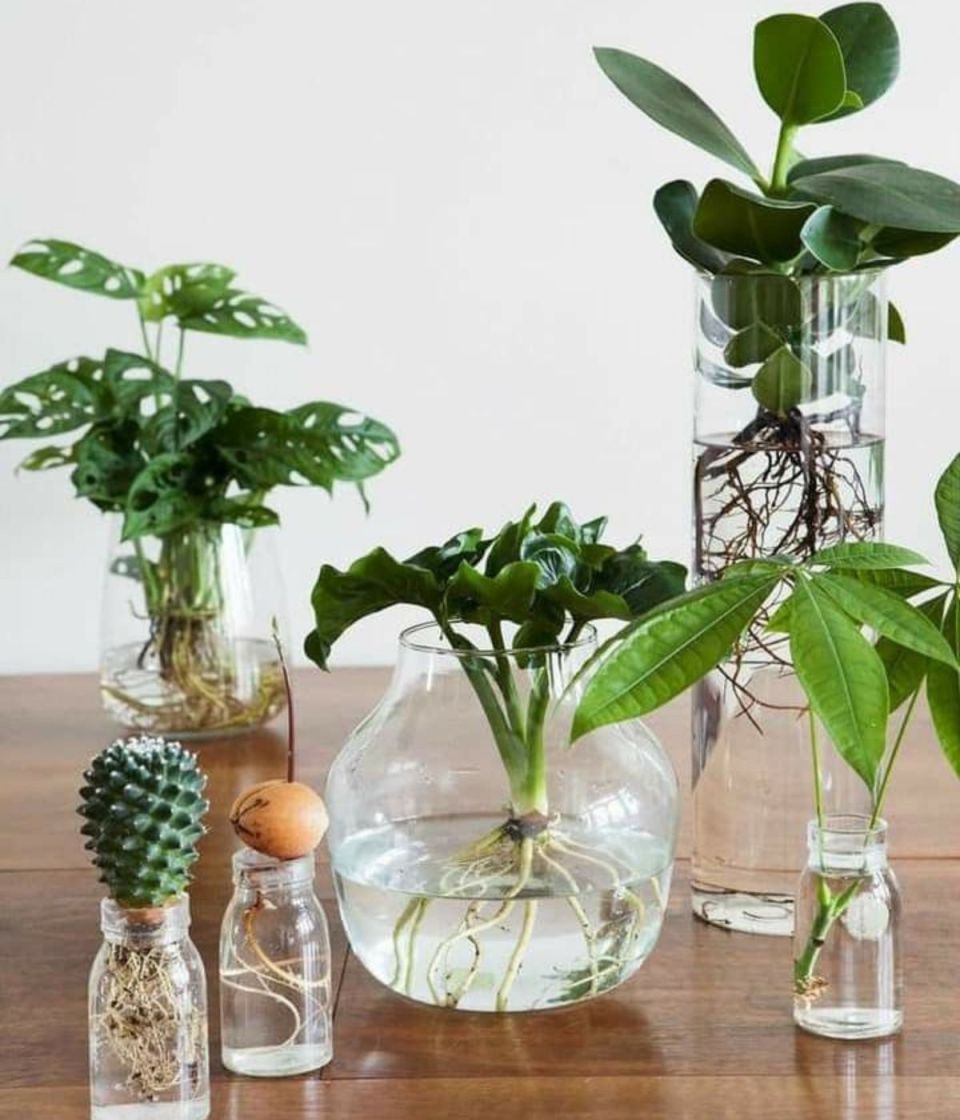Grow Your Indoor Garden With Hydroponic House Plants: A Simple Guide

Hydroponic House Plants: The Future of Indoor Gardening
What do you mean by hydroponic house plants?
Hydroponic house plants are a revolutionary approach to indoor gardening that eliminates the need for soil. Instead, these plants are grown in nutrient-rich water solutions, allowing them to thrive without traditional growing mediums.
How do hydroponic house plants work?

Hydroponic systems provide plants with all the essential nutrients they need to grow by directly delivering the nutrients to their roots. This is achieved through various methods such as nutrient film technique (NFT), deep water culture (DWC), or aeroponics. The plants are typically placed in a container or tray with the roots submerged or exposed to the nutrient solution, ensuring they receive optimal nutrition.
What is known about hydroponic house plants?

Hydroponic house plants have gained popularity due to their numerous benefits. Firstly, they allow for year-round gardening, as they are not dependent on seasonal changes or weather conditions. This means you can enjoy fresh herbs, vegetables, and flowers even during the coldest winter months. Additionally, these plants require less space than traditional gardens, making them suitable for apartments or small living spaces.
Furthermore, hydroponic house plants are known for their efficiency in water usage. Unlike soil-based plants, hydroponic systems recirculate the water, reducing water waste significantly. This eco-friendly approach to gardening not only conserves water but also prevents nutrient runoff into natural water bodies, minimizing environmental damage.
What is the solution?
If you’re considering starting your own hydroponic house plant garden, there are various options to choose from. One popular choice is the Kratky method, which is a passive hydroponic system that requires no electricity or pumps. It’s simple and suitable for beginners. Another option is an aeroponic system, where plants are suspended in air and misted with nutrient solutions at regular intervals.
When selecting plants for your hydroponic garden, consider those that thrive in high moisture environments. Herbs like basil, mint, and parsley, as well as leafy greens such as lettuce and spinach, are excellent choices. For flowering plants, try orchids, African violets, or even tomatoes. Remember to research the specific requirements of each plant to ensure optimal growth.
Information about hydroponic house plants
Hydroponic house plants offer numerous advantages beyond the traditional soil-based gardening. As mentioned earlier, they provide year-round gardening possibilities and require less space. Moreover, these plants tend to grow faster and produce higher yields compared to their soil-grown counterparts. This increased growth rate is due to the plants having direct access to nutrients without the competition of soil microorganisms.
Another benefit of hydroponic house plants is the absence of weeds, pests, and diseases commonly associated with soil. Since there’s no soil involved, the risk of soil-borne diseases is eliminated. Additionally, pests like aphids and slugs that thrive in soil are less likely to infest hydroponic systems, reducing the need for pesticides.
Furthermore, hydroponic systems allow for precise control over nutrient levels, pH, and light exposure, leading to healthier and more productive plants. This level of control is especially beneficial for individuals with limited gardening experience or those living in urban areas where soil quality may be a concern.
Conclusion
Hydroponic house plants are revolutionizing the way we garden indoors. Their ability to grow without soil, coupled with the numerous benefits they offer, makes them a fantastic option for all plant enthusiasts. Whether you’re looking to grow fresh herbs, leafy greens, or beautiful flowers, hydroponic systems provide an efficient and sustainable gardening solution. Embrace the future of indoor gardening with hydroponic house plants and enjoy the beauty and freshness they bring to your home!
Frequently Asked Questions (FAQs)
1. Can anyone grow hydroponic house plants?
Yes, hydroponic house plants are suitable for both beginners and experienced gardeners. There are various systems available, ranging from simple passive methods to more advanced setups. Start with a system that suits your skill level and gradually expand as you gain more experience.
2. Do hydroponic house plants require special lighting?
While natural sunlight is ideal, hydroponic house plants can also be grown using specific LED grow lights. These lights provide the necessary spectrum of light to promote healthy growth, enabling plants to thrive even in spaces with limited access to natural light.
3. How often do hydroponic house plants need to be watered?
The frequency of watering hydroponic house plants depends on various factors, including the specific system and plant species. However, in general, you’ll need to check the water levels regularly and top up as needed. Automated systems can be set up to ensure a consistent water supply for the plants.
4. Can you grow flowers in hydroponic systems?
Absolutely! Many flowering plants, such as orchids, African violets, and even roses, can be grown successfully in hydroponic systems. The precise control over nutrient levels and environment allows for optimal flowering and vibrant blooms.
5. Are hydroponic house plants more expensive than traditional gardening?
While the initial setup cost of hydroponic systems may be higher, they can ultimately save you money in the long run. These systems require less water, eliminate the need for pesticides, and produce higher yields. Additionally, the ability to grow plants year-round can help you save on grocery bills by providing a fresh supply of herbs and vegetables throughout the year.

I am a beginner writer who continues to learn and consistently creates informative articles to express the ideas that I master.